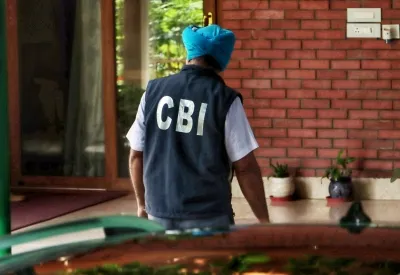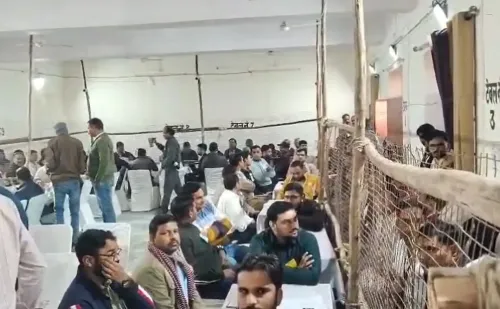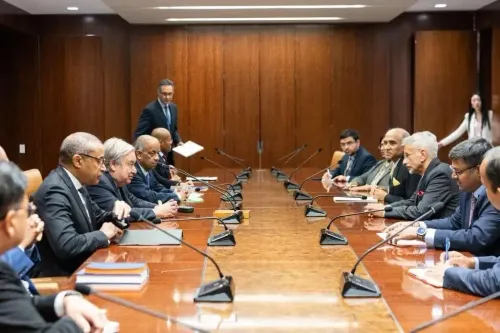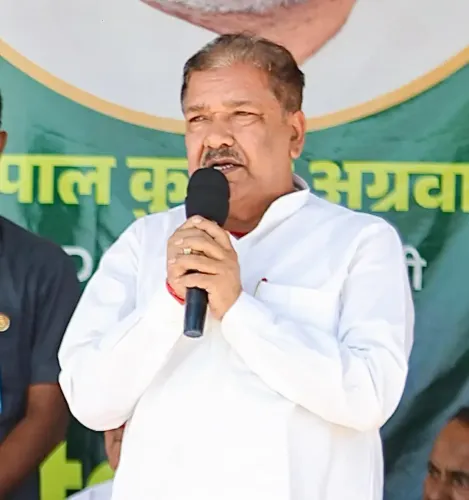What Led to the Conviction of a Bank of Baroda Manager in a Bribery Case?

Synopsis
Key Takeaways
- Ram Swaroop Mishra sentenced to five years for bribery.
- Rs 50,000 fine imposed by the court.
- Bribery case highlights issues of corruption in banking.
- CBI's proactive approach in tackling such cases.
- Importance of ethical standards in financial institutions.
Lucknow, Nov 13 (NationPress) A Special CBI Court in Lucknow has found Ram Swaroop Mishra, the Branch Manager of Bank of Baroda’s Baskhari branch located in Ambedkar Nagar district, guilty and sentenced him to five years of rigorous imprisonment along with a fine of Rs 50,000 in connection with a bribery case, as reported by an official statement on Thursday.
The Central Bureau of Investigation (CBI) initiated the case on March 7, 2017, following a complaint that Mishra had solicited a bribe from a beneficiary of a loan under the Kamdhenu Yojana.
The complainant had been approved for a loan amounting to Rs 20.25 lakh by the Bank of Baroda’s Baskhari branch. Although a portion of the sanctioned sum had been credited to the complainant’s account, it was later frozen.
Upon inquiring about the hold, the complainant alleged that Mishra demanded a bribe of Rs 30,000 to release the remaining funds.
After negotiations, Mishra consented to accept Rs 25,000 as illegal remuneration, which was to be paid via a signed blank cheque.
Upon receiving the complaint, the CBI set a trap, during which Mishra was apprehended while taking the cheque. The cheque was confiscated from him at the time of the operation.
Following the investigation, the CBI submitted a chargesheet on March 31, 2017. The Special CBI Court, after the trial's conclusion, found Mishra guilty and handed down the sentence on Wednesday, November 12.
On the same day, the CBI announced the arrest of the Bank Manager of Axis Bank in Mumbai for his involvement in facilitating the establishment of mule accounts.
The suspect, identified as Nitesh Rai, was arrested on November 11.
The investigation revealed that this bank official, in conspiracy with cybercriminals, accepted illegal payments and, by misusing his official authority, processed account opening forms that enabled the movement and layering of proceeds from cybercrime.









